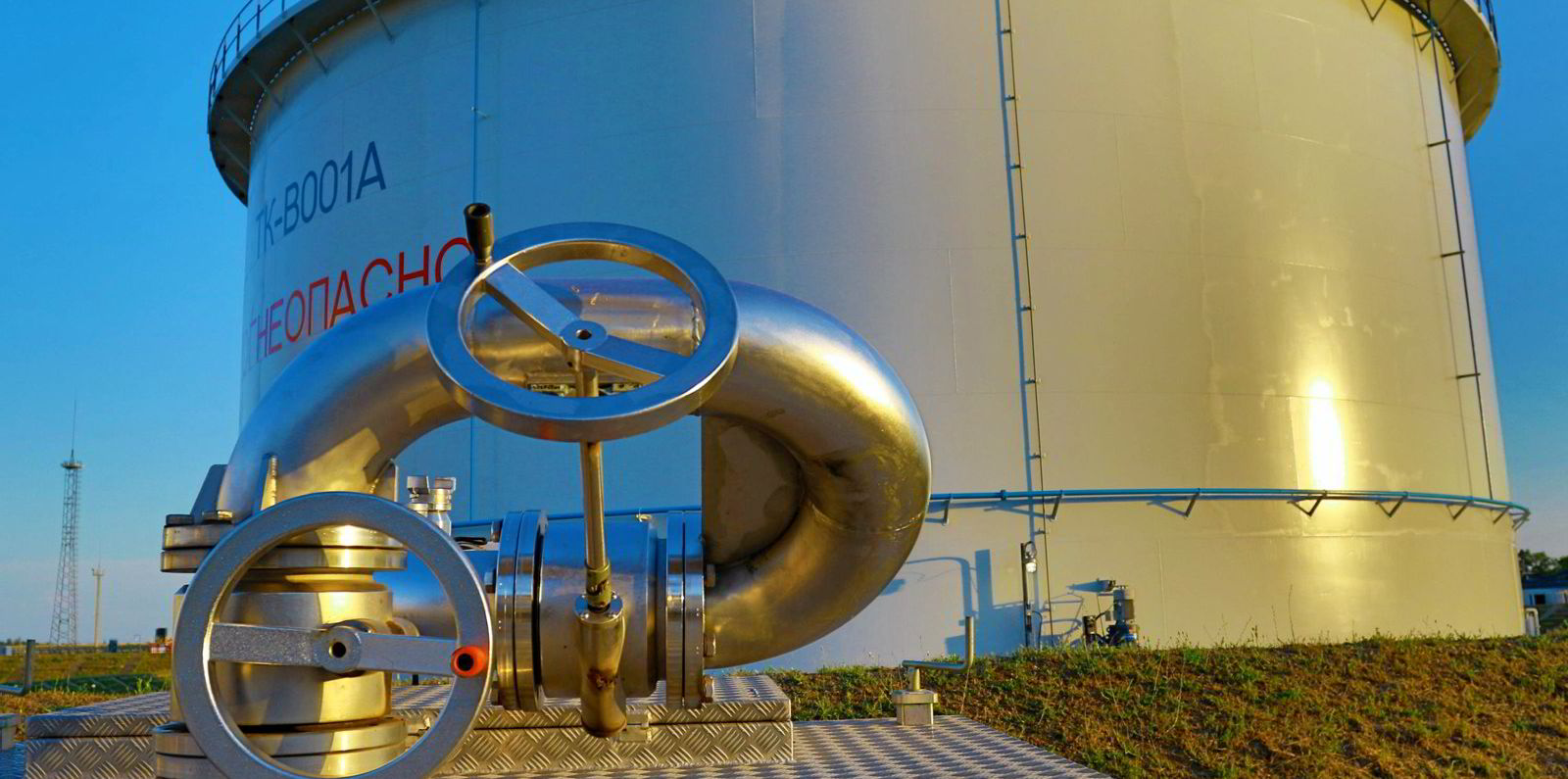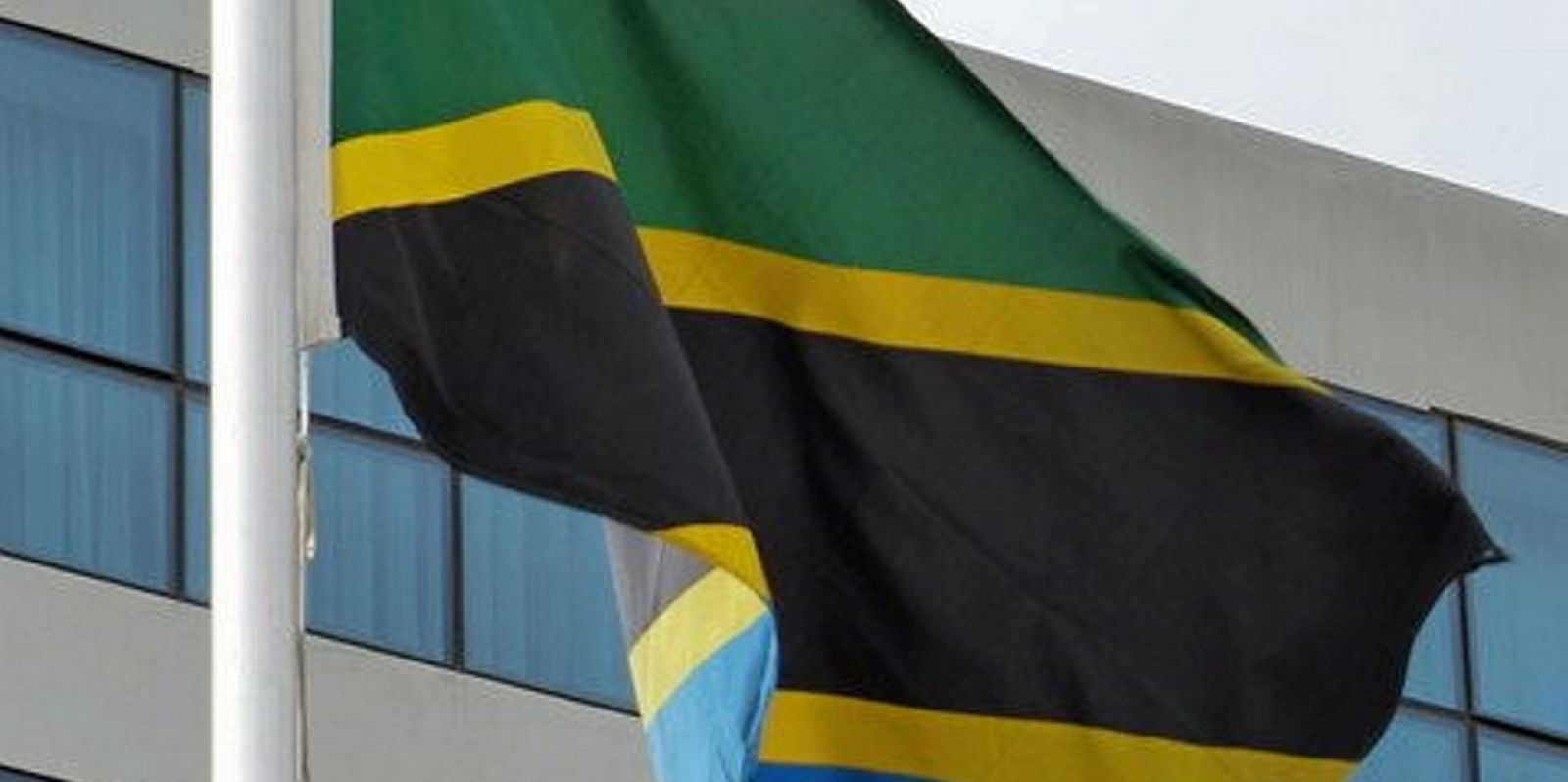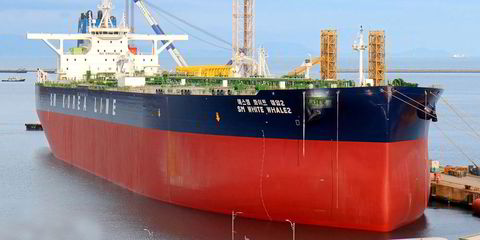Aframax tankers should see a rebound when loadings return to normal at the damaged CPC terminal in Russia.
This is the view of French shipbroker Barry Rogliano Salles (BRS), which believes a current trend for shippers to maximise reduced loadings at the Black Sea facility on bigger suezmax tonnage will not last long.
CPC blend consists of 90% Kazakh crude and 10% Russian.
Two of three single point mooring buoys were damaged in a storm in March, reducing throughput.
BRS said: “We expect that much the same pattern as before the damage should resume with CPC blend continuing to be purchased by European refiners and lifted by aframaxes, despite the small volume of Russian crude blended into the stream.
“Indeed, considering how red-hot western aframax markets have been of late, this return of liftings should help to support them at such levels for the foreseeable future,” the broker added.
The latest data appears to show that liftings have averaged almost 1m barrels per day (bpd) since the storm, around 65% of the 1.5m bpd that usually leaves CPC.
“This tends to suggest that market participants’ worst fears of exports slowing to a trickle have not been realised,” BRS said.
But the Paris-based company noted that the loss of 600,000 bpd at a time when markets are already grappling with the loss of about 1.7m bpd of Russian oil exports has added to prompt market tightness and helped to underpin crude prices.
The latest April lifting schedule for the CPC terminal suggests that shippers are trying to maximise loadings from the terminals by exporting larger stems.
Aframax share has shrunk
This has seen the aframax loading programme shrink to only five stems across the month. In contrast, there are a record 28 suezmax stems, significantly higher than liftings in February and March.
Suezmax rates have been supported as a result, with the Black Sea to Mediterranean earnings now $50,000 per day for non-scrubber fitted, non-eco vessels.
“It should also be noted that CPC crude continues to be sold at around a $12 per barrel discount to Brent, which means that even such exorbitant freight rates do little to reduce its attractiveness with refiners who are prepared to import oil from Russian terminals,” the broker said.
Floating storage increasing
BRS has also identified a build-up of floating storage tonnage close to the terminal since the invasion of Ukraine.
There are now eight cargoes of CPC blend being stored in the Black Sea on five suezmaxes and three aframaxes.
“We believe that these cargoes may be unsold due to issues with CPC blend containing 10% Russian crude, something which is seeing some traders turn away … and which will see it prohibited from being imported into the US,” BRS added.





